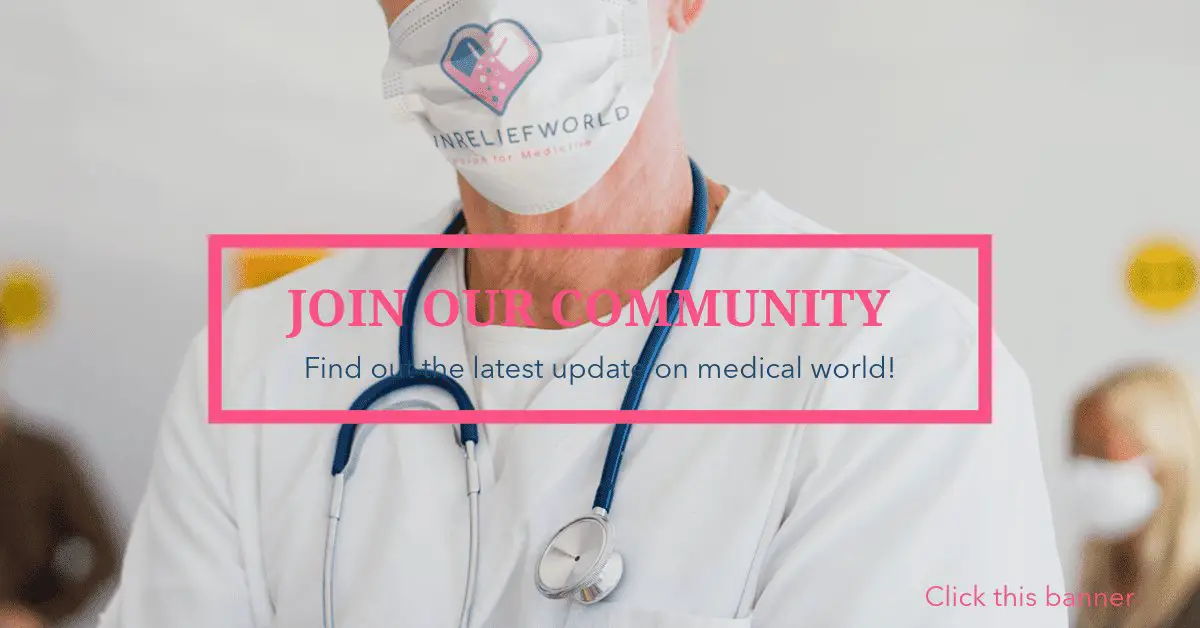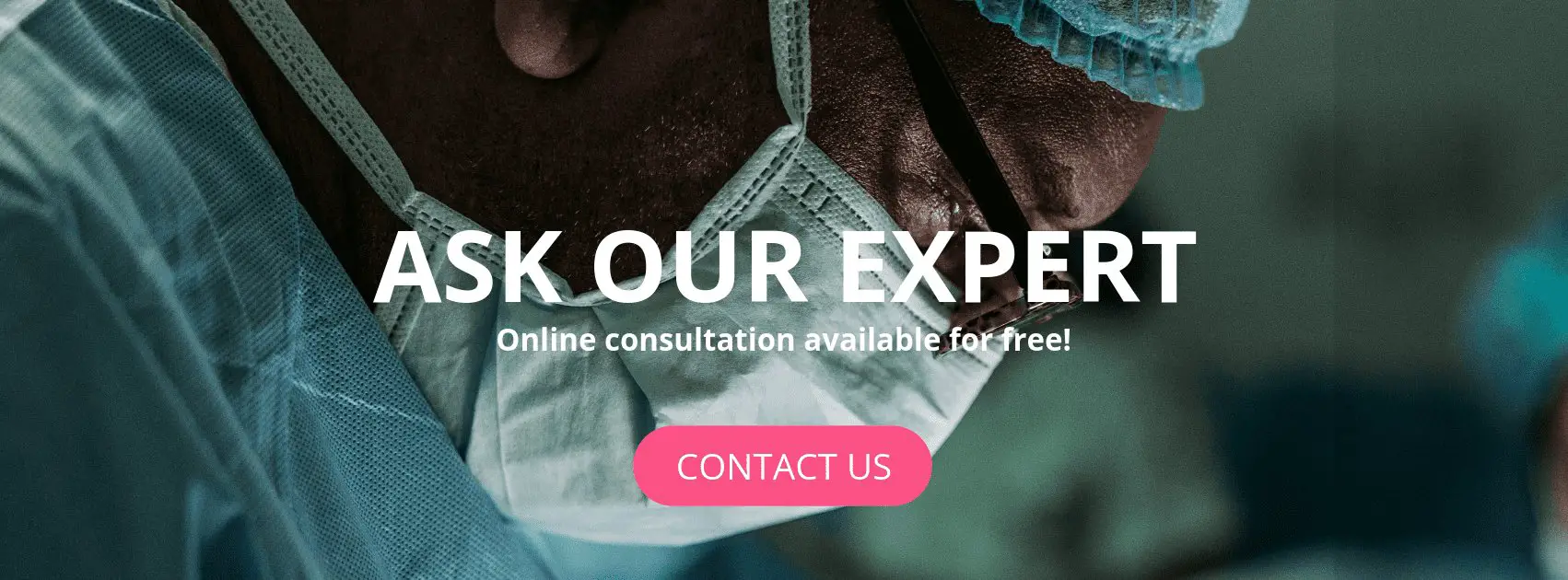
The Dark Side Of Adhd Medications: Understanding The Risks And Consequences Of Misuse
Attention Deficit Hyperactivity Disorder (ADHD) is one of the most commonly diagnosed mental health conditions among children and adults. While many people have found relief from their symptoms through medication, there is a dark side to these medications that must be understood in order for them to be used safely. This article will explore the potential risks and consequences associated with misusing ADHD medications.
As more and more individuals are being prescribed ADHD medications, it’s important to understand what can happen when they are not taken as directed by a medical professional.
Research has shown that misuse of these drugs can lead to serious physical and psychological side effects, including dependency, addiction, and even death. Furthermore, some research suggests that long-term use of certain stimulant drugs may increase the risk of developing cardiovascular disease or other chronic illnesses.
In this article we will examine the current scientific evidence on the dark side of ADHD medications and discuss ways that individuals can reduce their risk while still managing their condition effectively. We’ll also look at how to recognize signs of misuse so that help can be sought before any lasting damage occurs. By exploring both the potential benefits and dangers associated with using these medications properly, readers will gain valuable insights into making informed decisions about their own treatment plans.
Definition
ADHD medications are often a double-edged sword. On one hand, they can help to improve symptoms of Attention Deficit Hyperactivity Disorder (ADHD) and offer relief from the challenges that come with it. However, on the other hand, misuse or overuse of these drugs can lead to serious health risks and consequences for individuals who are not properly monitored by medical professionals. In order to understand how misuse of ADHD medication can be detrimental, we must first define what exactly is ADHD and explore its diagnosis process.
Attention Deficit Hyperactivity Disorder is a neurodevelopmental disorder characterized by difficulty paying attention, impulsivity, hyperactivity, restlessness, and poor organizational skills. It affects both children and adults alike, although the symptoms may vary depending on age group.
A proper diagnosis requires an assessment conducted by a qualified healthcare provider using established criteria outlined in the Diagnostic and Statistical Manual of Mental Disorders (DSM). This includes completing questionnaires about the individual’s behavior as well as gathering information from family members or teachers concerning their performance in school or work environment.
With this data gathered from multiple sources, healthcare providers can better evaluate whether someone has ADHD or if there could be another underlying cause for certain behaviors.
Potential Side Effects
When adhd medications are misused, the risks and consequences can be severe. Misuse of prescription stimulants for ADHD can lead to numerous dangerous side effects, including addiction, depression, anxiety, psychosis, heart problems, stroke and even death in some cases. Even when taken as prescribed by a doctor, these drugs can have serious long-term effects on physical and mental health.
It is important to understand the potential dangers associated with taking any medication – especially those related to treating ADHD – so they can be used safely and responsibly. It is also essential that patients consult their healthcare provider before starting or stopping an adhd medication to discuss possible side effects and how best to manage them if they occur. By understanding the risks of misuse and making informed decisions about adhd medication safety, individuals can help protect themselves from potentially devastating consequences.
Strategies For Safe Use

The use of ADHD medications can be a slippery slope if not approached with caution. Like any other drug, misuse and abuse are possible when taking these substances for non-medical reasons or in excessive doses. To help avoid the potential pitfalls associated with misusing or abusing ADHD medication, certain strategies should be employed to ensure safe usage.
In order to protect oneself from the dark side of ADHD medication, it is important to recognize that:
- The safest way to take ADHD medications is as prescribed by your doctor;
- It’s imperative to educate yourself about the risks and benefits of using the drug;
- And proper monitoring by a qualified medical professional is essential during treatment.
By following these guidelines, those who suffer from ADHD will have an opportunity to find relief without having to worry about developing dangerous addictions or suffering any long-term physical damage due to their intake of this powerful stimulant.
Additionally, doctors must remain vigilant when prescribing and administering ADHD drugs so they can monitor patient progress while also making sure there isn’t any overuse occurring. Taking such precautions helps ensure that individuals receive the well-rounded care needed to treat their condition effectively and safely.
It’s clear that anyone considering taking an ADHD medication needs to evaluate all aspects of his/her situation prior to starting a course of treatment in order to make an informed decision regarding its safety and efficacy. With appropriate education, oversight from trained professionals, and responsible use on the part of patients themselves, we can work together towards reducing instances of misuse and ensuring safer outcomes overall.
Conclusion
Paragraph 1: ADHD medications can be helpful for many people, but the risks associated with misuse cannot be overlooked. It is important to understand these risks so that we can make an informed decision about whether or not to take certain medications.
Paragraph 2: Misusing medication often leads to negative consequences including increased anxiety, depression, and even addiction. As such, it’s essential for us to recognize the potential dangers of taking any type of medication without consulting a doctor first. We should also remember that there are alternative strategies available for managing symptoms safely and effectively, such as cognitive behavioral therapy and lifestyle changes.
Paragraph 3: In conclusion, while it may seem tempting to self-medicate in order to cope with difficult emotions related to ADHD, this approach carries significant risks. Instead of trying to manage our symptoms on our own, we must prioritize finding safe and healthy ways to improve mental health. By understanding both the benefits and drawbacks associated with using ADHD medications, we can equip ourselves with the knowledge necessary to make responsible decisions about treatment options going forward.
Stephanie Ansel is a well-known writer and journalist known for her unique and captivating writing style. She has written many articles and books on important topics such as the lifestyle, environment, hobbies, and technology and has been published in some of the biggest newspapers and magazines. Stephanie is also a friendly and approachable person who loves to talk to people and learn about their stories. Her writing is easy to read and understand, filled with lots of details and information, and is perfect for both kids and adults who want to learn about important topics in an interesting way.


